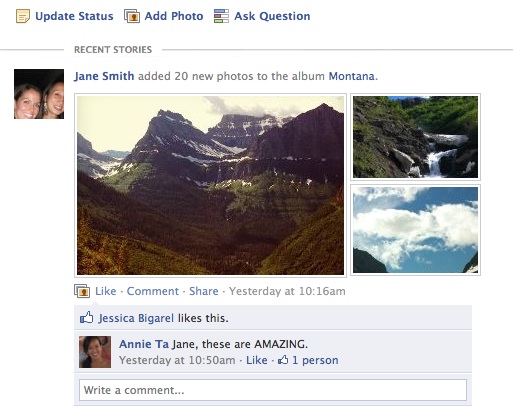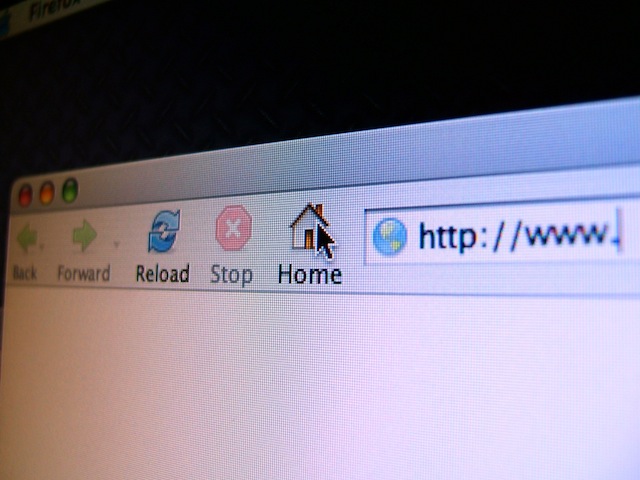Facebook is problematic for schools. On one hand it’s a great tools for kids to connect with their peers and relatives while it also can amplify problems for children who don’t have the emotional maturity to deal with online issues.
A common aspect of Facebook and many of the other social media services is that the minimum age for sign ups is thirteen years old and the consensus among online safety experts is children younger than that shouldn’t be encouraged to break the rules.
Given the issues involved with younger children using Facebook it’s not surprising that teachers and school principals try to discourage younger children from signing up.
One Queensland school principal has now ordered that any of her students breaching Facebook’s terms by signing up when under 13 will be expelled.
That’s pretty draconian although one can sympathise with the teachers, particularly given many parents allow children to sign up despite knowing they are breaking Facebook’s terms.
How the parents have reacted is interesting too, with online safety expert Susan McLean saying “”You could not print the response to the principal that some of the mothers wrote on Facebook”. None of this is surprising as some see their rights, and those of their children, as being paramount.
Facebook and other social media services are tough for parents as younger kids see their old siblings online and want to be there too. Given many teenagers build their social lives around the service, you can understand the pressure children put on mum and dad to sign them up.
As kids are going to eventually sign up to Facebook, and are probably already on services like Habbo Hotel or Club Penguin, they are going to have to deal with the issues all of us encounter online. So at least if parents are supervising usage, harm can be limited.
One area that seems to be misunderstood is why Facebook has a “no under 13s” policy. It isn’t, as child psychologist Dr Michael Carr-Gregg believes, because Facebook care about emotionally immature children, it is due to the US COPPA law.
COPPA – the Children’s Online Privacy Protection Act – was passed in the late 1990s to prevent inappropriate data being collected on minors. For US based social media services it’s easier to exclude children rather than set up systems that comply with the law.
There’s many good reasons why children should be allowed to use online services, but respecting the terms of conditions of these sites is important too.
While expelling children from school may be taking things too far, it’s not good to be encouraging twelve year old kids to lie about their ages – they’ll be doing that soon enough in their late teens.
Similar posts:




